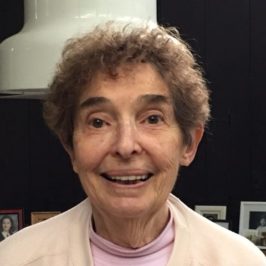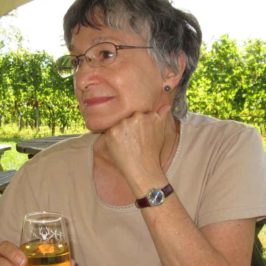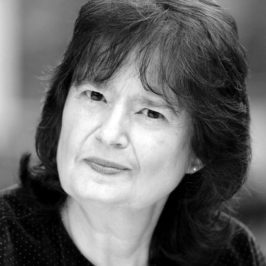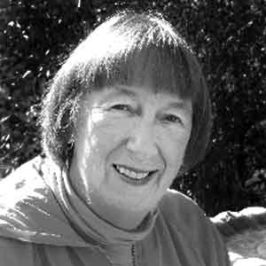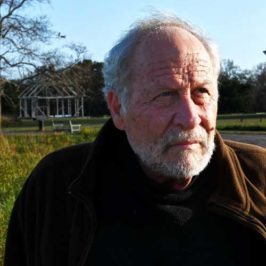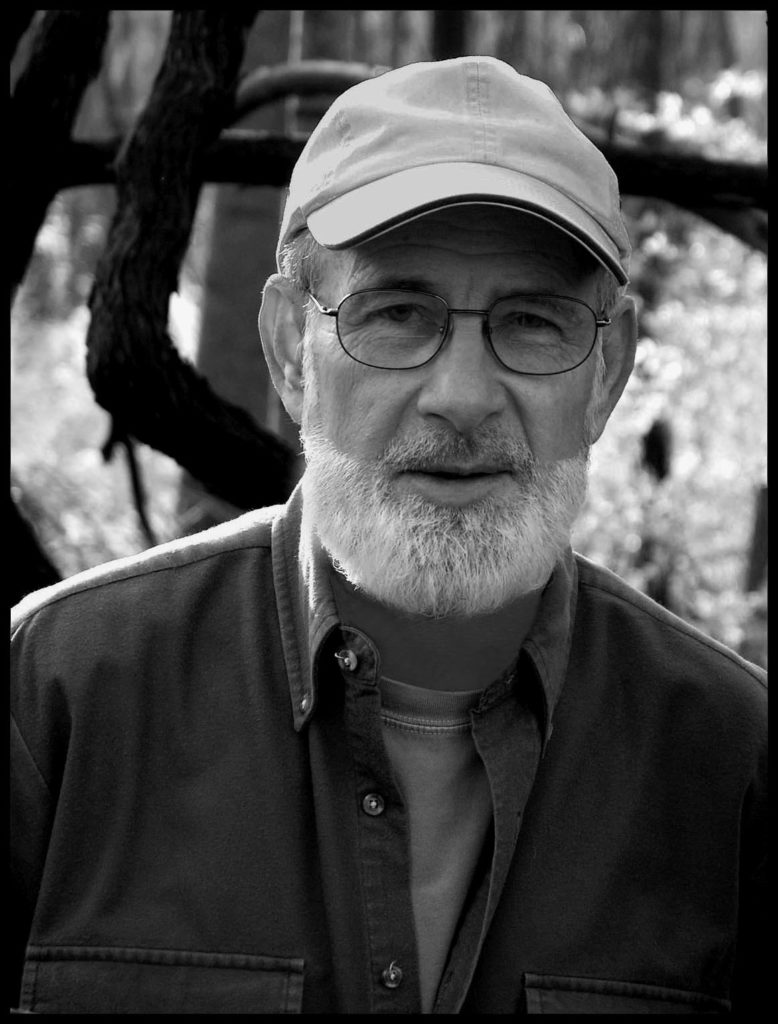
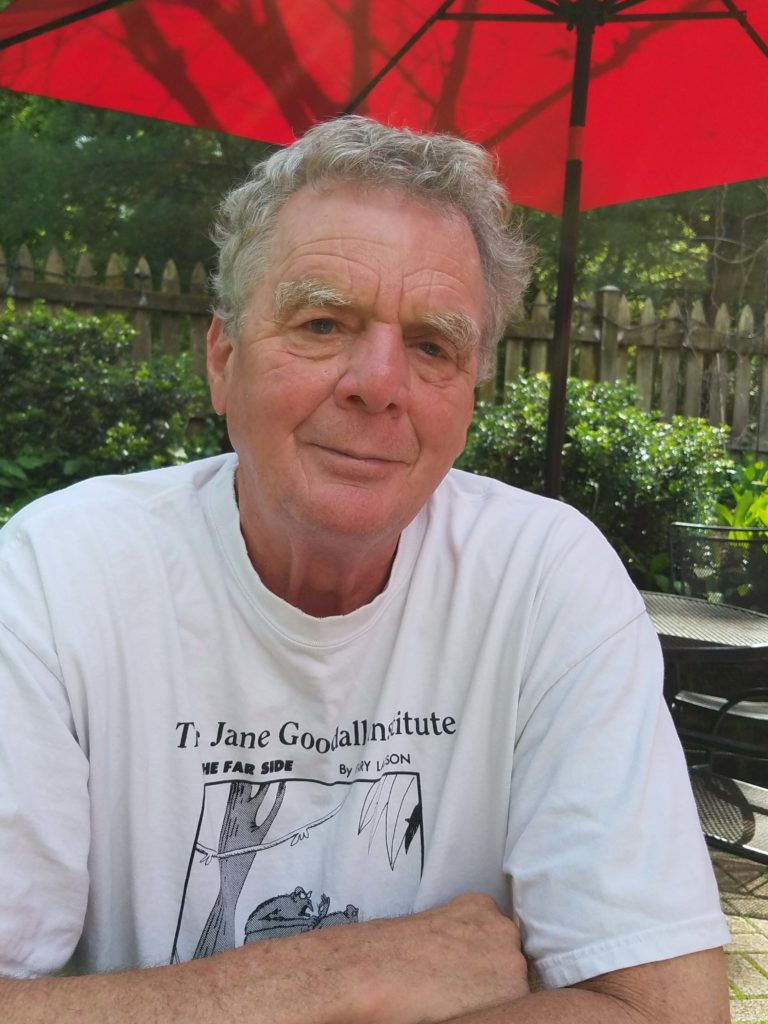

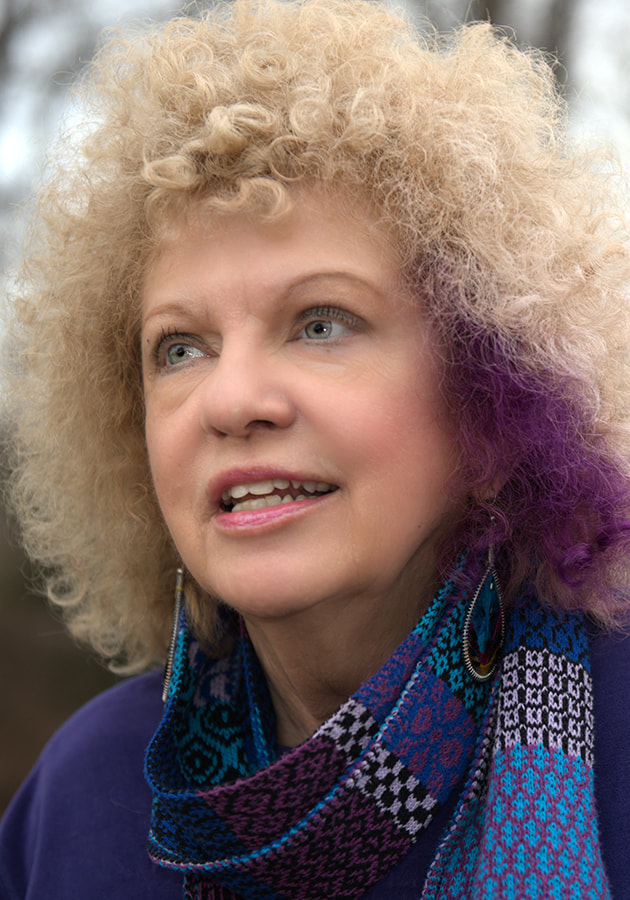
Unexpected destinations, with poems by Roger Pfingston, John Hovde, Jesse Arthur Stone and Shirley Brewer.
6 minutes
TRANSCRIPT
Most of the time we think about cars as vehicles that take us to physical places. But that’s not all cars can do. Remember when you were younger and just driving around with your friends took you from being your parents’ child to being an adult? Remember when getting in your car and driving around let you escape the hassles of your job or your life for a few minutes? Or driving around and stumbling upon something you weren’t expecting? That’s what this episode of Burning Bright is about.
Roger Pfingston said that he likes to take notes as he’s driving. One day he and his wife were driving in southern Indiana and passed a sign for the Loading Zone Bar and Grill. He built this next poem around it, “The Wrong Road.”
About nine miles
past the Loading Zone
Bar and Grill on Lincoln St.,
Somerville, Indiana,
(where we had stopped
for a couple of beers
and a pork tenderloin
the size of a tractor seat)
acres of stubble rise out
of the snow, explosive
whoosh of starlings un-
earthed by two llamas,
their perfect posture,
and the lumbering ton
of a buffalo. Curiosity
slowly fills the frame
of our windshield
as we idle roadside,
map spread between us,
nodding to each other
that quite a ways back
we took the wrong road,
not once but twice,
and surely this is why.
“The Wrong Road” by Roger Pfingston from Passager Issue 53.
John Hovde said he started writing poetry back in 1969 when he was a US Marine in Vietnam. He said his work tries to illustrate the dynamics of an ordinary life, and in the process, illuminate elements of obsession, dependence and creativity. Here’s his poem “Baudelaire’s Roadster.”
The tone of my days decelerates,
a descending Doppler, a jukebox
crying the blues at closing time.
Top down, thoughts rocketing and emotions plunging,
I push harder on the gas as we dive inexorably, unstoppably, inevitably
down the mountainside. My borrowed convertible
carves a declining verge on two wheels as I fight for control.
My engine roars, gears grind and Baudelaire, riding shotgun,
laughs recklessly, shouting “May you be drunk forever!”
Manic and mercurial, Brautigan curses prose from the back seat,
lobbing wine bottles and beer cans ahead of us as
I try to shoot them from the air with my pistol and my poetry.
John Hovde’s poem “Baudelaire’s Roadster” from Passager Issue 66.
Jesse Arthur Stone said that “A Quiet Presence” was inspired by his memories of growing up in the Mojave Desert, traveling throughout the American Southwest, and becoming aware of changing economic, social, and religious norms.
Think about the special silence of a highway at night.
Imagine a light snow falling: you can hear the silence
accumulating. It’s the arrival of a quiet presence.
All the truckers are asleep in their cabs, St. Christophers clutched
to their chins, their knees tucked up toward their hairy chests
that rise and fall with the faint sound of a semi shifting
in the distance, or the slip of snow packing itself
onto the uplifted arms of a Saguaro cactus, or the silence
of a thought that creates a world where none was before. Imagine
this quiet presence as some mute saint, who does nothing
but watch the breath of the living with an endless longing. Suppose
he remembers when he traveled the roads from Rome to Gaul.
As he walked, he saw manors and moats, and peasants with hoes.
Further along, villages grew into towns
which swelled into cities that rose in the sky
higher than steeples. Vehicles appeared
that moved on their own. The large ones carried “goods”
as well as people. He liked that very much. Now at night
he sees them parked along the roadsides, and feels like waking
the drivers and telling them how much he loves them and
how grateful he is that they still wear his medal, even though
he’s been fired from the job he was stuck in for 1700 years. So
he watches and sighs; remains quiet as the truckers turn
in the silence of his lingering gaze.
Jesse Arthur Stone’s poem “A Quiet Presence” from Passager Issue 64.
Finally, this by Shirley Brewer, from her book A Little Breast Music. “Making Change.”
I bought a green Checker taxi
at a junkyard,
fixed it up
including the meter,
and drove around town,
charging myself for every mile.
I spent the money on travel:
a month in Venice,
three weeks in France,
but I always came back
to my green Checker cab,
hanging souvenirs
from the rear-view mirror.
When my schedule allowed
I picked up fares,
took them to a museum
regardless of their destination.
Make time for culture, I said.
Arrayed in accessories
resplendent in the sun,
I waved at strangers
with both hands,
steering at last from the inside.
“Making Change.” Shirley Brewer from her book A Little Breast Music.
To buy Shirley’s book or to subscribe to or learn more about Passager and its commitment to writers over 50, go to passagerbooks.com. You can download Burning Bright from Spotify, Apple and Google Podcasts, and various other podcast apps.
For Kendra, Mary, Christine, Rosanne, and the rest of the Passager staff, I’m Jon Shorr.

